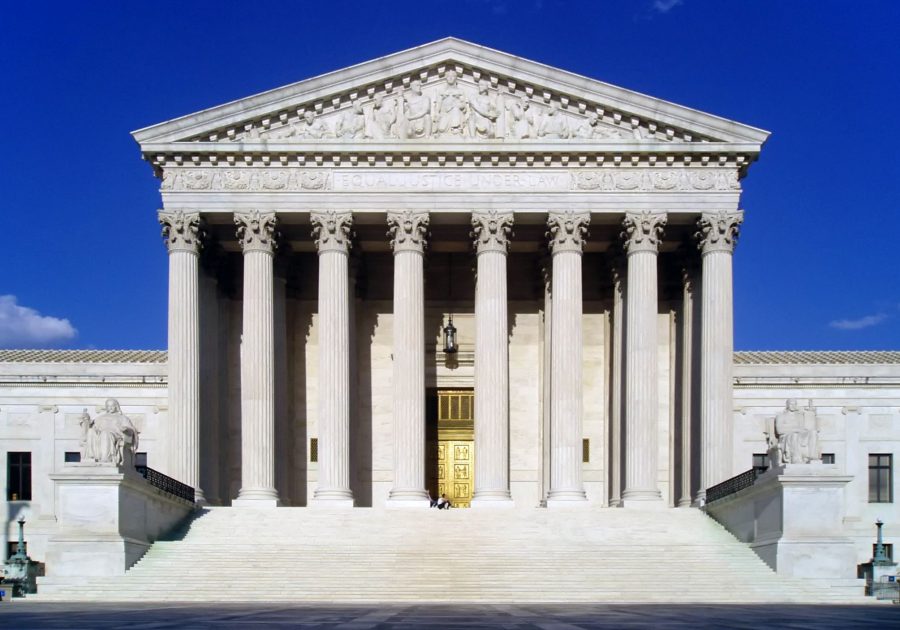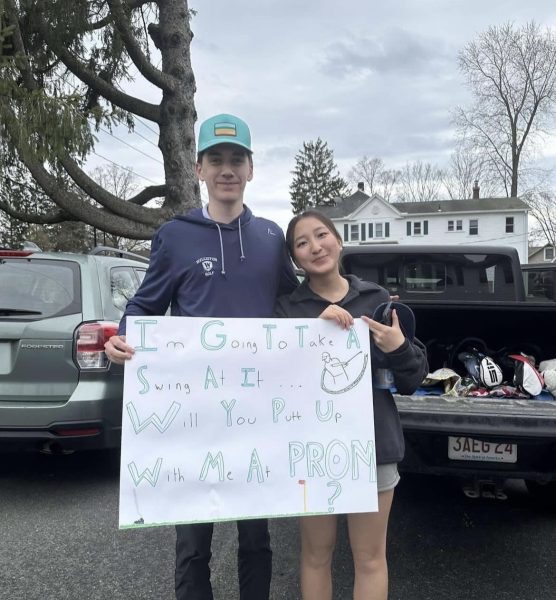Supreme Court Decided to Hear Transgender Bathroom Case
Supreme Court Building in Washington, D.C.
On October 28, the Supreme Court decided to accept an appeal from the Gloucester Country, Virginia school board that sought to prevent a transgender high school student from using the boys’ bathroom. The case provoked nationwide attention and dispute.
Gavin Grimm is a 17-year-old transgender student in Virginia who was born with female genitals but identifies himself as a boy. After being excluded from the boys’ bathroom by the school board in 2014, Grimm sought legal justification. Previously, a lower court had ruled in his favor.
However, the Supreme Court’s hearing of the case suggests there might be alternate decisions. Until the court comes back with its ruling, Grimm is temporarily prohibited from using his school’s boys’ bathroom.
Social opinions are largely divided. Some people believe that although it is important to respect transgender students’ rights, that must be balanced with the rights of others in the community.
In a letter to the school, a non-profit organization called the Alliance Defending Freedom, which advocates for religious freedom, stated the significance to protect “other students’ privacy and free exercise rights,” as well as “parents’ right to educate their children.”
On the other hand, there are many voices claiming that it is the boy’s basic right to use the boys’ bathroom. Grimm insisted that the treatment he received was unacceptable and declined the school’s intention to offer him a special private restroom. “I’m not unisex,” he told CNN.
Glede Wang 19’, an active member of our school’s Pride Club, said, “I think that the practice of the school is understandable. But they need a transgender bathroom and [to] provide more education about transgender people.”
“I think it’s a really sad situation,” Minh Nguyen 18’ said. “I understand how terrible the student must feel. I believe people should try to support each other under any circumstances.”
Nine months after Justice Antonin Scalia’s sudden death, the supreme court is still shorthanded and can possibly face a 4-4 split. Whatever the final result is, it will certainly be a significant milestone for transgender issues.
Shirley Zhou is a four-year senior at Williston. She is from Changshu, China. She enjoys listening to music, playing the guitar, and creative writing (preferably...












